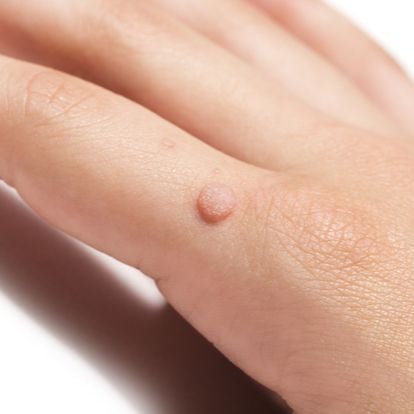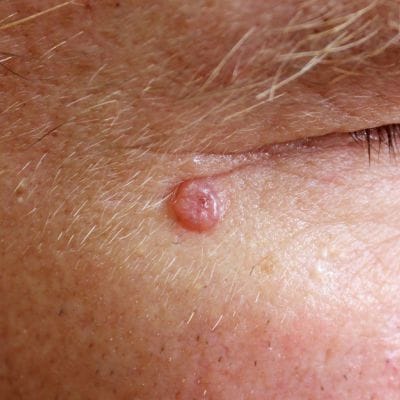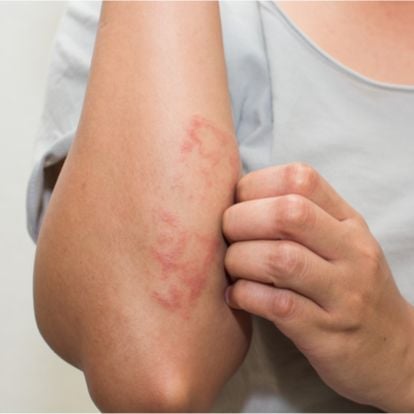Skin Care Basics
Your skin is one of your body’s most essential organs. It’s a living, breathing organism designed to protect you from infections, aid in healing, send signals to your brain, and help you develop. However, the only way that skin can do its job is if we protect and care for it. Several conditions and diseases can prevent skin from fulfilling its purpose, ultimately impacting your overall health.
What are the Most Common Skincare Problems?
The skin is the body’s largest organ and is also prone to diseases. The skin is at the forefront of your body’s defense system and, in many cases, your body’s first defense against invaders. Here are a few of the most common conditions that impact the skin:
- Acne
- Eczema
- Shingles
- Hives
- Sunburns
- Dermatitis
- Rashes
Many of these problems are preventable or treatable as long as you properly care for your skin.
How are Skincare Problems Diagnosed?
Most skin problems manifest physically and are evident by the appearance of your skin. Each of the conditions listed above manifests with physical signs such as redness, itchiness, pain, discomfort, or welts on the skin’s surface. However, because many skin conditions look very similar, there are several tests that your dermatologist will conduct for a conclusive diagnosis.
Patch Testing
Patch testing is used to diagnose allergies by applying a patch of material to a small section of your skin. If there’s a reaction after some time, your doctor can diagnose the allergy.
Skin Biopsy
Skin biopsies are the most common and effective way to diagnose skin cancer. A small piece of skin is cut off and taken for testing to determine whether or not cancer is present.
Culture
Cultures are tests to determine what type of infection is inflicting your skin. The test is performed similarly to a biopsy–the sample of the infected area is removed and tested.
How to Keep Your Skin Healthy
The best way to prevent the problems mentioned here is by taking protective measures to keep your skin safe. Here are some tips and tricks for keeping your skin healthy and free of problems.
- Keep your skin clean by washing your face twice daily and applying moisturizer and toner when necessary.
- Always use sunblock or sunscreen when you’re planning to spend time in the sun for any length of time. A quick tan is never worth the risk of developing skin cancer or a similar sun-related condition.
- It’s good to see a dermatologist annually or as often as needed. Dermatologists are skin specialists that can properly diagnose existing skin conditions and educate you about the best ways to keep your skin healthy.
- Pay close attention to your skin. Moles, sun spots, rashes, and other unexpected markings can mean nothing or indicate a more severe problem. You can stay on top of these things before they progress by checking yourself regularly.
If you notice any changes to your skin, reach out to your dermatologist as soon as possible.






